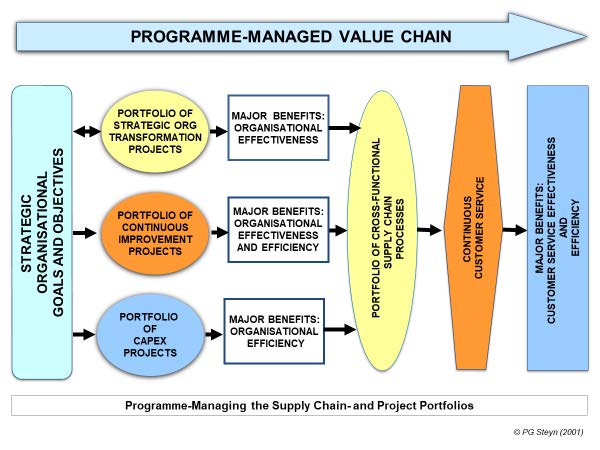Ongoing Challenges and Efforts to Create a More Equitable and Sustainable Healthcare System for All Detroit Residents

The Detroit Community Health Connection (DCHC) was established in 1988 as a non-profit Federally Qualified Health Center (FQHC). Over the past three decades, DCHC has grown to become one of the largest and most comprehensive community health organizations in the state, serving over 50,000 patients annually across six locations in the Detroit area.
At the helm of this organization is Wayne Bradley, who has served as President and CEO of DCHC since 2012. Bradley is a native of Detroit, and his commitment to improving the health and well-being of his community has been a driving force in his career. Under his leadership, DCHC has expanded its services to include primary care, dental care, behavioral health, and other specialty services. Bradley has also been a vocal advocate for healthcare policy reform at the local and national levels.
One of the key strengths of DCHC is its focus on community engagement and partnership. The organization works closely with a wide range of local stakeholders, including other healthcare providers, government agencies, community organizations, and residents themselves. This collaborative approach allows DCHC to better understand the unique healthcare needs and challenges facing Detroit’s communities, and to tailor its services and programs accordingly.
One example of this partnership is DCHC’s involvement in the Healthy Detroit initiative. This city-wide program, launched in 2014, aims to promote healthy behaviors and reduce chronic disease in Detroit by addressing social determinants of health, such as poverty, food insecurity, and lack of access to quality healthcare. DCHC has been a key partner in this effort, providing primary care, dental care, and other services to thousands of residents in underserved neighborhoods.
Another important aspect of DCHC’s work is its commitment to quality improvement. The organization has implemented a range of evidence-based practices and quality metrics to ensure that its services are effective, efficient, and patient-centered. DCHC has also been recognized for its use of health information technology, including electronic health records and patient portals, to improve communication and coordination of care.
Despite these achievements, DCHC and its partners face ongoing challenges in improving community health in Detroit. The city continues to struggle with high rates of chronic diseases such as diabetes, heart disease, and asthma, as well as disparities in healthcare access and outcomes based on race, ethnicity, and socioeconomic status. In addition, recent economic and political changes at the local and national levels have introduced new uncertainties and risks to healthcare providers and patients alike.
Nevertheless, the partnership between DCHC and Wayne Bradley remains a beacon of hope and resilience for Detroit’s communities. By leveraging their shared commitment to community engagement, quality improvement, and healthcare policy advocacy, they are working to create a more equitable and sustainable healthcare system for all Detroit residents.
In conclusion, Detroit Community Health Connection and Wayne Bradley are at the forefront of efforts to improve healthcare access and outcomes in Detroit, Michigan. Through their collaborative approach, innovative programs, and commitment to quality improvement, they are making a tangible difference in the lives of thousands of patients and families. As the challenges of healthcare reform and social change continue to evolve, DCHC and its partners will undoubtedly continue to play a critical role in shaping the future of community health in Detroit and beyond.





